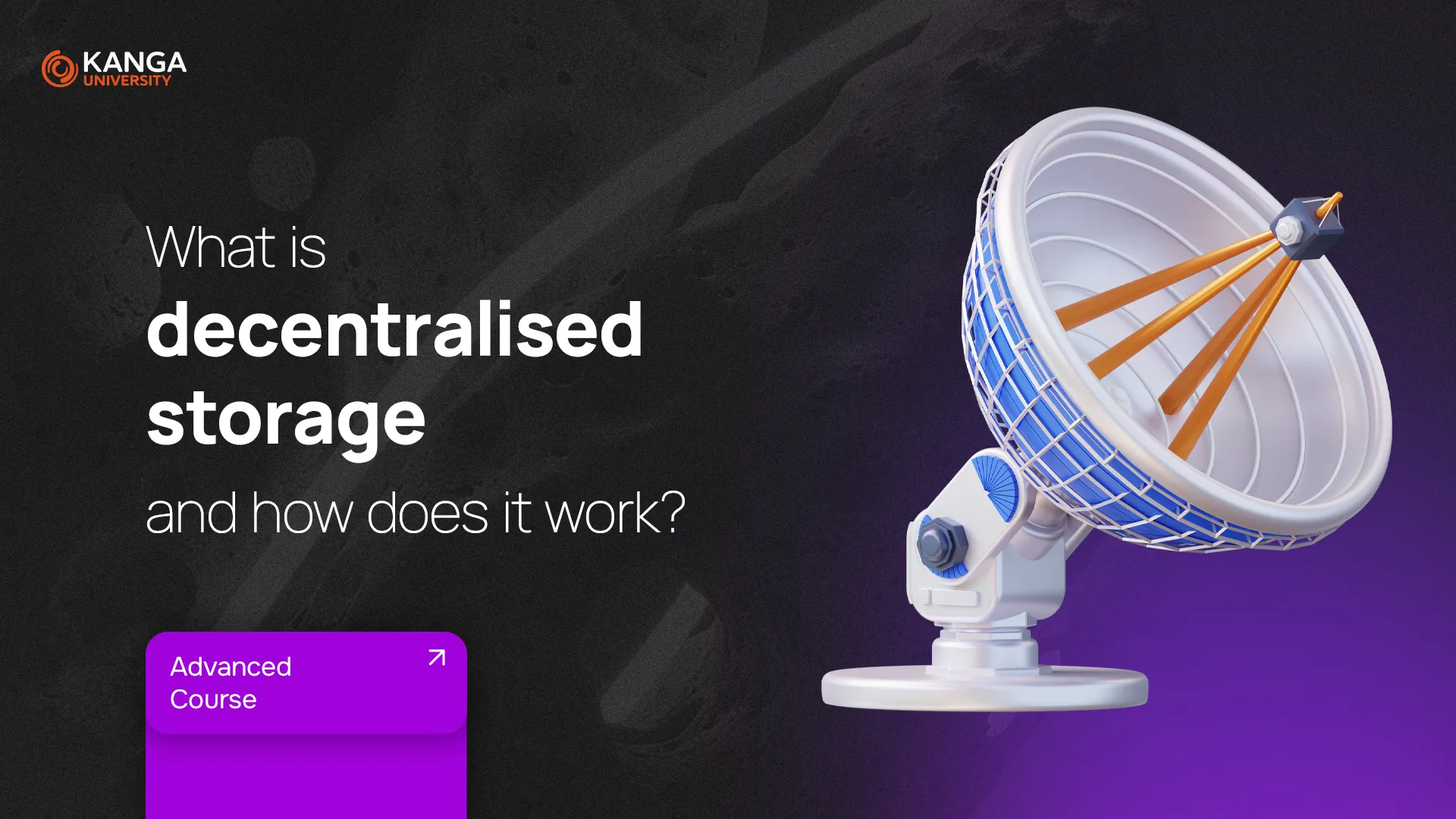
Imagine an internet where your data isn’t stored in one central place owned by a tech giant, but spread across the globe – encrypted, divided into pieces, and accessible only to you. That’s the idea behind decentralized storage – a growing alternative to traditional cloud services like Google Drive or iCloud.
What Is Decentralized Storage?
Unlike traditional cloud services where all your data sits on the servers of one company, decentralized storage breaks your files into smaller parts (called shards), encrypts them, and distributes them across multiple computers (called nodes) that are run by other users.
When you want to retrieve your file, the network pulls the necessary pieces from different nodes and reassembles them – but only if you have the right decryption key. In simple terms: only you can access your files.
Why Does It Matter?
Decentralized storage goes beyond just storing files. It addresses some key problems that have plagued centralized services for years:
-
Data breaches – major cloud providers have experienced multiple security incidents in recent years.
-
Censorship and control – companies can delete your files or restrict access based on their policies.
-
Ownership confusion – uploading data often means surrendering some of your rights to it.
-
High costs – centralized storage gets more expensive as your needs grow.
What Are the Benefits?
-
Lower costs – More nodes = more available storage = cheaper services.
-
Faster performance – Files are downloaded from multiple sources at once, speeding things up.
-
Greater security – Encryption and sharding make unauthorized access nearly impossible.
-
Better reliability – Even if some nodes go offline, your data stays safe and accessible.
Who’s Leading the Way?
Several major projects are pioneering this new way of storing data:
-
Filecoin – Built on the IPFS protocol, focused on decentralized file storage and distribution.
-
Sia – Affordable and secure; users rent out unused hard drive space to others.
-
Storj (formerly Tardigrade) – Peer-to-peer encrypted file storage with fast access.
-
Swarm – Part of the Ethereum Web3 ecosystem, ideal for decentralized apps.
-
Arweave – Promises “permanent” data storage, popular with NFTs and DAOs.
Other rising players in the space include Internxt, Genaro, 0Chain, Lambda, and more.
Why Isn’t Everyone Using It Yet?
While the benefits are clear, some challenges are slowing down mass adoption:
-
Trust – People and companies may hesitate to adopt a model that lacks a traditional support system.
-
Performance – Some networks still lag behind centralized options in speed or scalability.
-
User experience – Interfaces can be complex and less beginner-friendly than mainstream apps.
Summary
Decentralized storage is an essential building block of Web3. It gives users more control, privacy, and freedom in a digital world where ownership matters more than ever. While it hasn’t gone mainstream yet, the potential is massive – especially for those who care about data security and independence.